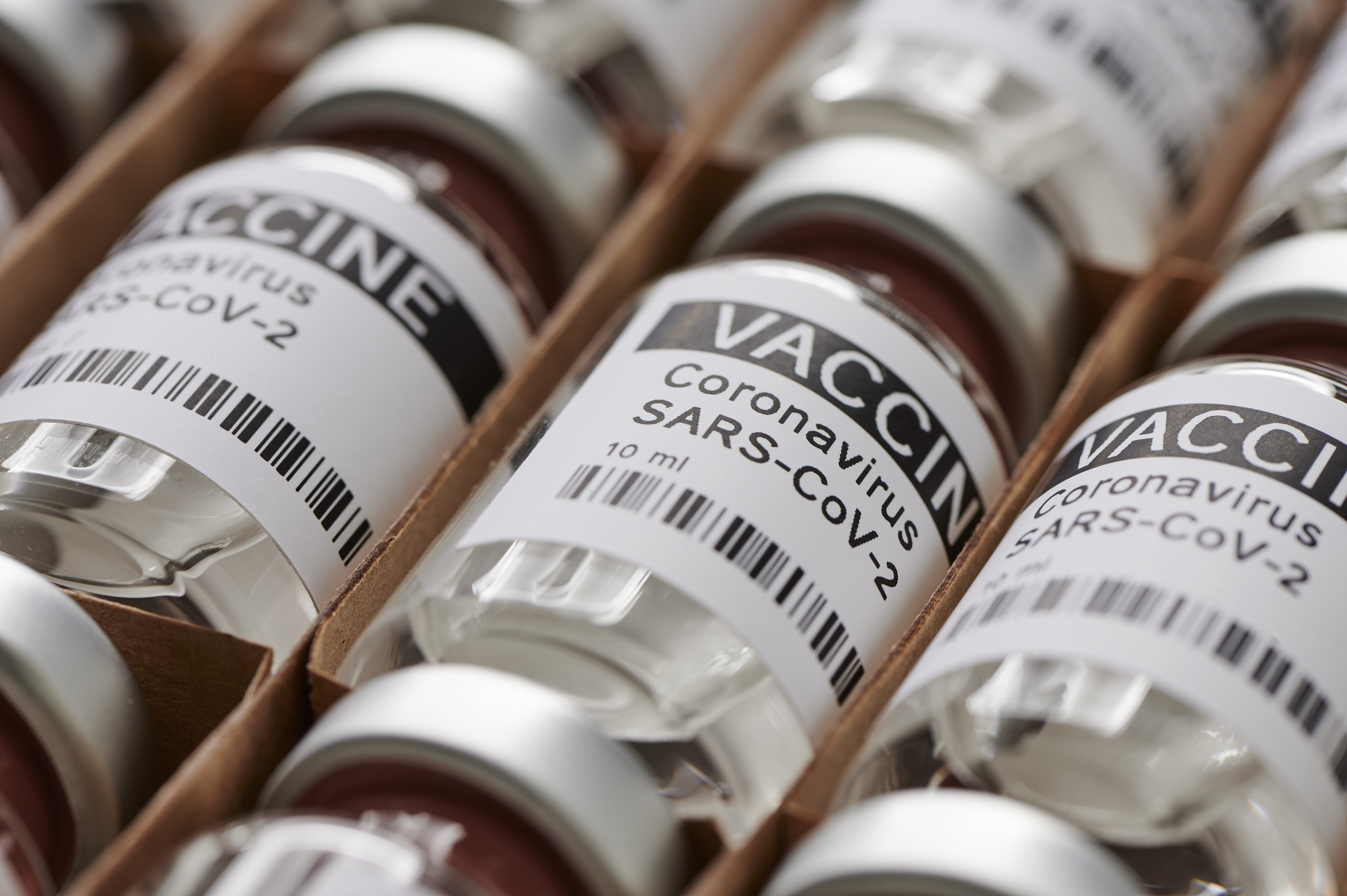UAB Hospital had administered approximately 14 percent of all of Alabama’s COVID-19 vaccinations as of Tuesday, and the hospital could do more, if it could get more vaccine, a UAB doctor said Tuesday.
Problems reporting vaccinations to the federal government, and the threat of fewer shipments in the future if fixes aren’t made, left four Alabama lawmakers who were all hospitalized with COVID-19 concerned enough to write a letter Tuesday to the Alabama Department of Public Health.
ADPH in a response Tuesday said the department was working with the CDC on the reporting problem and that Alabama’s supply hasn’t yet been impacted by the matter.
“The distribution of vaccines to Alabama will continue to be interrupted until Alabama plays by the rules. The rule is simple: The CDC will not authorize shipments to Alabama until they know we are using what we have on hand. Our citizens are paying a deadly price,” said Republican state senators Greg Albritton, Tom Whatley, Randy Price and Jim McClendon in the letter.
ADPH in a response Tuesday said the number of vaccine doses allocated to Alabama is based on population and isn’t determined by how much vaccine is on hand in the state.
“The number of doses remaining from previous allocations does not affect the number of doses that the Centers for Disease Control and Prevention (CDC) authorizes for Alabama,” ADPH’s statement reads.
Dr. Karen Landers, assistant state health officer with the Alabama Department of Public Health, speaking to APR on Monday said that on a call with state public health officials last week, U.S. Department of Health and Human Services officials said that if states didn’t fix COVID-19 vaccination reporting problems, future shipments of vaccines could be withheld.
Former Health and Human Services Secretary Alex Azar, whose resignation was to take effect Wednesday, in Jan. 12 press conference announced the federal government would no longer hold back second doses of vaccines, and warned that states that are slow in vaccinations may not get as many doses in the future. It became clear later last week, however, that the federal government had already been shipping those saved second doses, and there was nothing held back to increase shipments to states.
Landers, speaking to APR on Monday, said some entities that are vaccinating failed to always report those vaccinations into the state’s ImmPRINT system properly, which resulted in a discrepancy between ADPH’s vaccination numbers and the CDC’s. The problem hadn’t yet impacted the state’s supply, she said, but it could in the future if it’s not corrected.
“What I think we really want to focus upon is to ensure that every dose of vaccine that is administered is counted,” Landers said. “That is really the biggest problem at the moment.”
At UAB Hospital staff have been working hard to vaccinate as many as possible, said Dr. Sarah Nafziger, co-chair of UAB’s Emergency Management Committee and professor of medicine in the school’s Department of Emergency Medicine, speaking to reporters Tuesday.
“To date, we’ve administered 23,300 vaccines through our employee health vaccination sites,” Nafziger said.
Approximately 63 percent of those vaccinations went to UAB employees, Nafziger said, with the remainder going to staff at other hospitals and first responders.
Alabama had administered 184,618 doses, or 41 percent of the state’s allocation of vaccines, as of Tuesday, according to ADPH. The CDC puts the state’s vaccinations at 139,200 as of Wednesday. Five other states had administered fewer doses than Alabama, per 100,000 people, according to the CDC.
“The only limitation that we have right now at our vaccine site is just making sure we have enough vaccine doses to administer,” Nafziger told reporters Tuesday. “As soon as we’re getting vaccine doses we’re getting them in the arms of people. We’re not waiting. We’re not sitting around. We’re not stalling.”
UAB is averaging approximately 1,100 vaccinations per day, Nafziger said, and Monday began administering vaccines to UAB patients aged 75 and older at the hospital’s Highlands parking deck. Those eligible will receive either an email or phone call inviting them to register for an appointment, she said.
UAB is planning to add additional mass vaccination sites to accommodate the demand, and an announcement on those sites could come later this week, Nafziger said.
But it’s going to take more vaccine to make sure those additional sites have enough to keep the lines of people eager to receive vaccinations can get them.
Nafziger said UAB’s initial shipment of vaccines was 10,725 but the next shipment dropped to 7,000 and then to 3,000.
Asked by APR what the hospital is hearing from ADPH as to why shipments have been reduced so dramatically, Nafziger explained that ADPH points to the federal government.
“The consistent message we get from ADPH is that, when they find out how much they’re going to receive, they let us know what we are going to get out of that allocation,” Nafziger said. “Really beyond that, I can’t comment. I don’t know what conversations they’re having.”
APR on Wednesday morning hadn’t received a response to questions to ADPH on Tuesday regarding vaccine supply.




















































